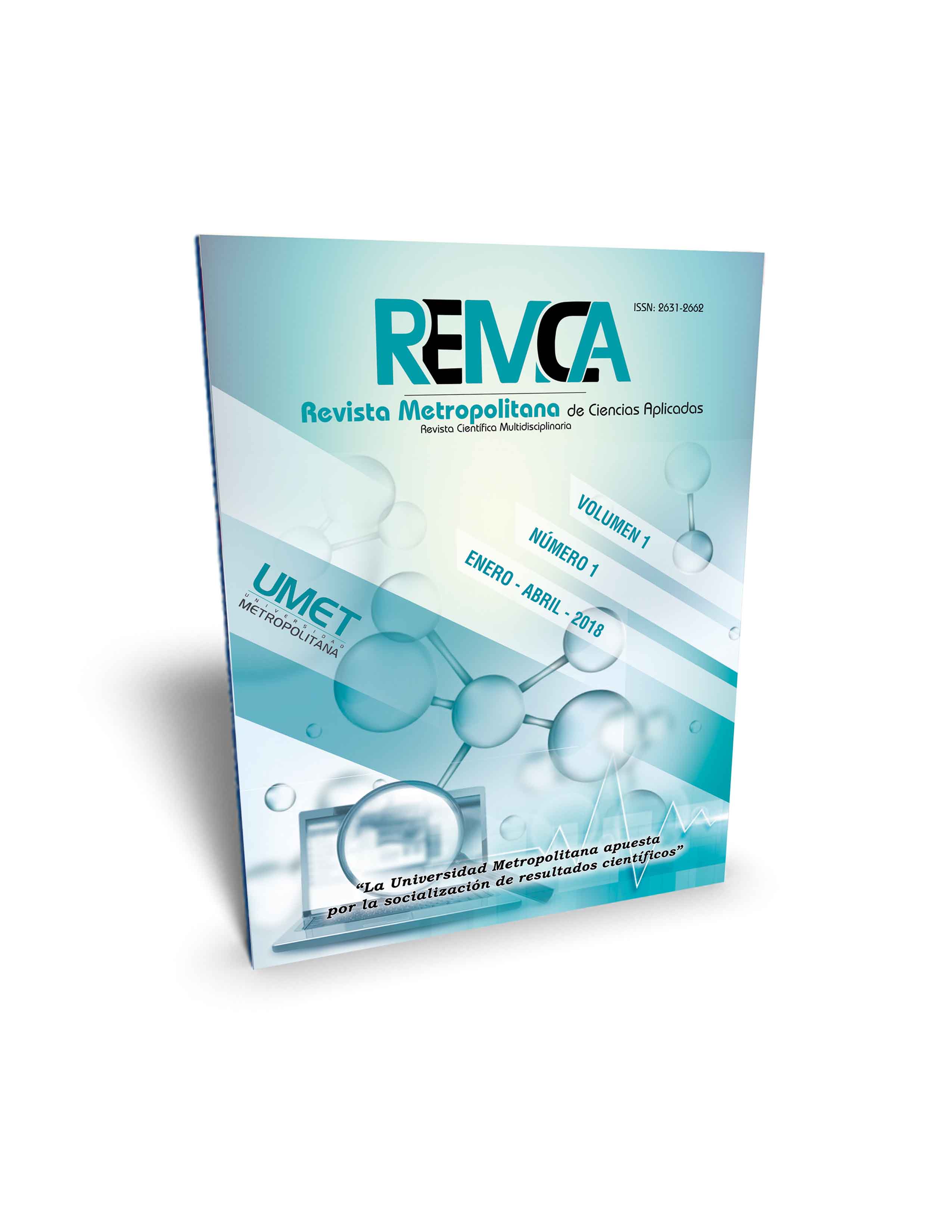The orientation to families of school children with intellectual disabilities for the development of life skills
DOI:
https://doi.org/10.62452/5n613g61Keywords:
Orienting the family, school children with intellectual disabilities, development of life skills, area of adaptive behaviorsAbstract
The objective of this article is to socialize the results of the diagnosis carried out at the José Rafael Siverio Special School in Cienfuegos, to check the status of family orientation with respect to the development of the life skills of students with intellectual disabilities. The same is the result of a research process developed by the author, during the 2016-2017 and 2017-2018 courses. In the development of the research, different theoretical methods were used, such as historical-logical, analytical-synthetic, induction-deduction; Empirical ones were also used, such as observation, interview and survey, which allowed the foundation of the scientific problem and the elaboration of the proposal of combined theoretical and practical activities, based on different modalities such as family education school, reflexive workshops and educational talks, which favor the motivation and learning of the development of life skills by the selected families.
Downloads
References
Macías Herrera, M. A. (2010). La orientación familiar: una vía para potenciar el desarrollo de habilidades para la vida en el área de la Conducta Adaptativa de los escolares con Necesidades Educativas Especiales Intelectuales más Complejas. Maestría en Ciencias de la educación. Cienduegos: UCP “Conrado Benítez García”.
Cañedo, G. (2002). Necesidades educativas especiales: necesidades de formación de las familias cubanas y pautas de capacitación para atender las necesidades educativas especiales de sus hijos. Cienfuegos: Universidad de Cienfuegos.
Guerra iglesias, S., & Anatolievna Akudov, S. (2013). Regularidades del desarrollo de la personalidad de niños, adolescentes y jóvenes con retraso mental. Implicaciones educativas. En R. M. otros, Fundamentos de Psicología Segunda parte. La Habana: Pueblo y Educación.
Gutiérrez, A. (2016). Habilidades para la vida. Recuperado de http://www.cedro.org.pe/emprendimientojuvenil/images/pdf/habilidadesplavidaguiadesesiones.pdf
Leyva Fuentes, M. (2014). Manual del Psicopedagogo. La Habana: Pueblo y Educación.
Downloads
Published
Issue
Section
License
Copyright (c) 2018 Yanaivis Montero Pérez, Elizabeth Gradaille Ramas (Autor/a)

This work is licensed under a Creative Commons Attribution-NonCommercial-ShareAlike 4.0 International License.
Authors who publish in Revista Metropolitana de Ciencias Aplicadas (REMCA), agree to the following terms:
1. Copyright
Authors retain unrestricted copyright to their work. Authors grant the journal the right of first publication. To this end, they assign the journal non-exclusive exploitation rights (reproduction, distribution, public communication, and transformation). Authors may enter into additional agreements for the non-exclusive distribution of the version of the work published in the journal, provided that acknowledgment of its initial publication in this journal is given.
© The authors.
2. License
The articles are published in the journal under the Creative Commons Attribution-NonCommercial-ShareAlike 4.0 International License (CC BY-NC-SA 4.0). The terms can be found at: https://creativecommons.org/licenses/by-nc-sa/4.0/deed.en
This license allows:
- Sharing: Copying and redistributing the material in any medium or format.
- Adapting: Remixing, transforming, and building upon the material.
Under the following terms:
- Attribution: You must give appropriate credit, provide a link to the license, and indicate if any changes were made. You may do this in any reasonable manner, but not in any way that suggests the licensor endorses or sponsors your use.
- NonCommercial: You may not use the material for commercial purposes.
- ShareAlike: If you remix, transform, or build upon the material, you must distribute your creation under the same license as the original work.
There are no additional restrictions. You may not apply legal terms or technological measures that legally restrict others from doing anything the license permits.




